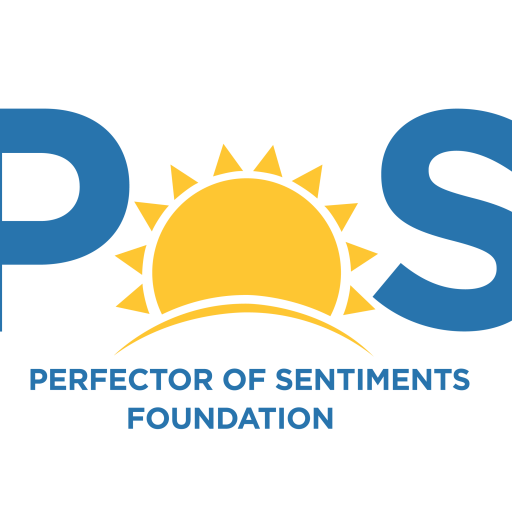Article 19 (2)(f) of the 1992 Constitution of Ghana provides that accused persons can represent themselves in court, however, majority of Ghanaians are not aware of this. The few who are aware of this Constitutional right are however not able to exercise or enjoy it due to lack of proper understanding/expertise and capacity on how to go through the process coupled with the fear of losing to an opponent who is represented by a trained or experienced lawyer. This has led to the continuous incarceration of some accused persons in prison custody either on remand, wrongly convicted (miscarriage of justice) and excessive or harsh sentences without the resources or capacity to hire the services of a lawyer represent themselves in appeal processes further contributing to prison overcrowding.
Notwithstanding the fact that the JFAP has been lauded both nationally and internationally for its success in reducing the remand population significantly, the major criticism has been that it is erroneous to refer to it as a Justice For All Program when it in fact does not consider the convict population making it seem more like ‘Justice For Some’. Another criticism is that although the remand population has drastically reduced, the convict population maintains a steady growth.
Following a trip to Kenya facilitated by the US Department of Justice Headed by Mrs. Maureen Bassette of the US Embassy where a delegation of stakeholders in the criminal justice sector from Ghana including the Ghana Prisons Service, the Judicial Service, Public Interest Lawyers as well as the Executive Director of POS Foundation Mr. Jonathan Osei Owusu, the In-Prison Paralegal Program (IPP) under the ‘Ghana Prisons Program’ was introduced following a similar model as used in Kenya called the African Prisons Project. The IPP seeks to compliment the JFAP by training inmates and Prison Officers as Paralegals to help write and file appeals for inmates who would like self-representation in court. The program which is a pilot will be expanded to cover other prisons after a successful roll out stage. It is currently being funded by the US Department of State.
On this basis, the POS Foundation organized a 3 Day Training Program to train Prison officers, prison inmates as well as external personnel as paralegals to man the newly established paralegal office at the Nsawam Prison. The Program which was facilitated by seasoned lawyers equipped the trained personnel with adequate knowledge on how to go through an
appeal process from reading and analyzing records of proceedings to writing and filing appeals on behalf of convicted inmates. There will however be a continuous training over a span of 3 months for the selected inmates which will be conducted by POS Foundation. A success story is the case of Ama who was convicted and imprisoned for 11 years for possession of narcotics with lawful authority. Ama having spent 4 years in prison appealed her case under the program and was consequently acquitted and discharged.
The POS Foundation in order to ensure an efficient justice delivery process, employed the use of an advanced technology tool that could enhance smooth facilitation of the JFAP to reduce cost and promote work efficiency.
This software tracks the records (bio-data) of beneficiaries of the program from interviews of prison inmates and its facilitation in drafting of applications (affidavits and motions) to the Court Sittings and generating periodic reports/criminal Justice Info graphs/data that is used by all the Justice Sector institutions on the Remand Review Task force.
